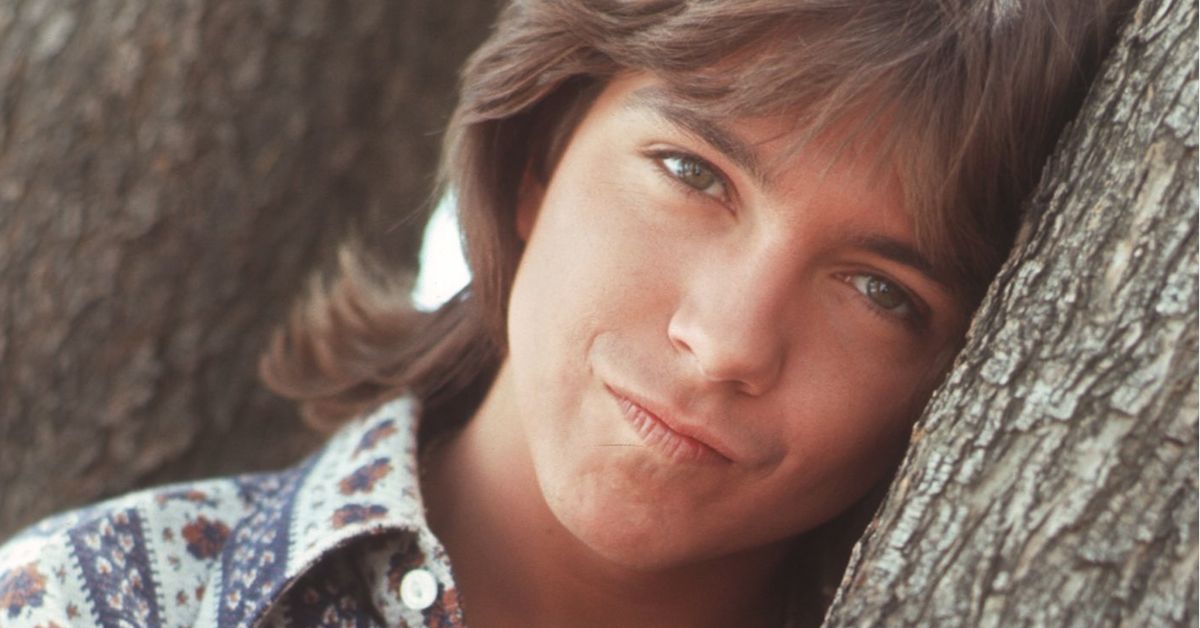
“Common Thief” sounds like a late-night reckoning—when you finally name the one who’s been stealing your peace, and you stop calling it love.
In the story of David Cassidy, “Common Thief” sits in a revealing place: not in the glare of the early-’70s hysteria, but in the quieter, more complicated mid-’70s chapter when he was determined to be heard as an adult artist, not a memory. The track appears on his 1975 album The Higher They Climb, the Harder They Fall (released July 1975), his first album for RCA Records, produced by David Cassidy alongside Bruce Johnston (of The Beach Boys). “Common Thief” is credited to songwriter Bill House, and runs about 3:54—a concise, tightly paced moment on a record that was deliberately trying to widen Cassidy’s frame. Importantly, it was not a primary single, so it didn’t arrive with a “debut chart position” of its own; its public life was always more subtle, more album-bound. The album itself, however, did register in the UK, peaking at No. 22—a modest but meaningful foothold for a project aimed at reinvention rather than instant mass approval.
That’s the “where” and “when.” The “why” is where the song starts to glow.
The title “Common Thief” carries a particular sting. It’s not “great betrayer” or “tragic villain.” It’s something colder: the suggestion that the damage done to you wasn’t even special. That the person who took from you—time, trust, tenderness, sleep—did it the way a thief does: quietly, habitually, leaving you to discover the loss only after it’s already gone. There’s a grown-up bitterness in that idea, the kind that comes not from one dramatic moment, but from a long, draining pattern. And Cassidy’s mid-’70s voice—less boyish, more weathered—fits that emotional temperature.
This period of his career often feels like a man trying to step out of a photograph. The album title The Higher They Climb, the Harder They Fall practically announces self-awareness: fame has a slope, and gravity is patient. In that context, “Common Thief” reads like a song choice with intent—less about romance as fantasy, more about romance as consequence. It belongs to the era where Cassidy leaned into stronger musicianship and a more grounded, band-forward sound, and you can hear that seriousness in the personnel surrounding the track. Session listings commonly credit players of real weight: Willie Weeks on bass, Jim Gordon on drums, Danny Kortchmar on guitar, with Bill House also appearing as a guitarist, and the arrangement colored by touches like Steve Douglas on sax and King Errisson on percussion. Those names matter because they place the recording in a professional, West Coast–meets–LA-session-world craft tradition: not teen-pop machinery, but seasoned hands building a track that can stand up in a darker room.
Musically, the song’s impact comes from restraint rather than spectacle. It doesn’t need to sprint; it needs to accuse. The groove feels purposeful—more “walking forward with your coat buttoned against the wind” than “dancing under lights.” Cassidy sings like someone who has stopped trying to persuade and started trying to understand: how did I let this happen, and why did I keep calling it something beautiful? That is the quiet ache at the center of the song’s idea—the moment you recognize the difference between being loved and being used.
And that’s the deeper meaning “Common Thief” offers, even without leaning on exact plot points: it’s about theft that doesn’t leave broken glass, only emptiness. About the kind of person who doesn’t storm out; they simply take. They take your certainty first, then your dignity, then your ability to trust your own instincts. The tragedy is not only what is stolen, but how ordinary the crime begins to feel—how you normalize the loss until one day you hear the word “thief” and realize it fits far too well.
If you listen to “Common Thief” within the album’s flow, it feels like one of those tracks that tells you what the artist is really thinking when the “big numbers” aren’t watching. It’s not there to win a chart race. It’s there to deepen the portrait: David Cassidy moving away from the sweet, simplified version of himself and toward something harder to package—an adult voice admitting that some heartbreaks aren’t grand tragedies. Some are just… common. Repeated. Preventable, if you dare to see them clearly.
And perhaps that’s why the song lingers for the listeners who find it: it doesn’t beg for attention. It waits—like a truth you weren’t ready to say until life finally handed you the right word. Thief.